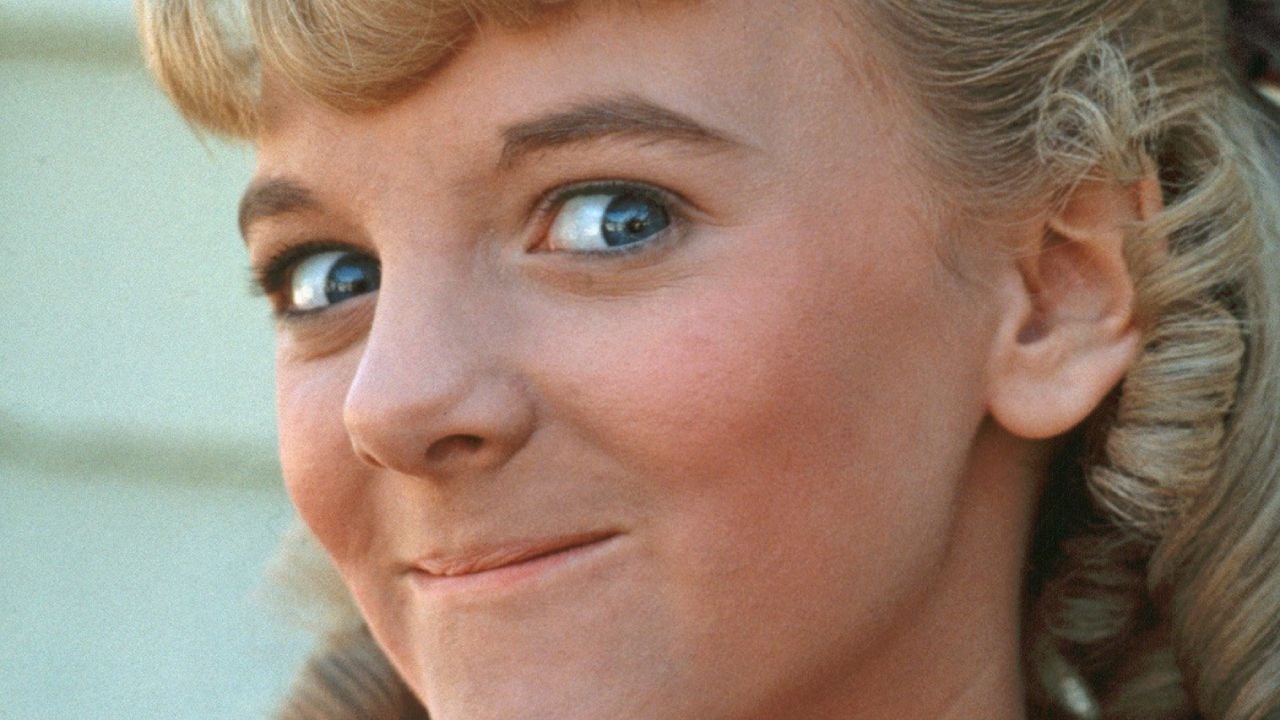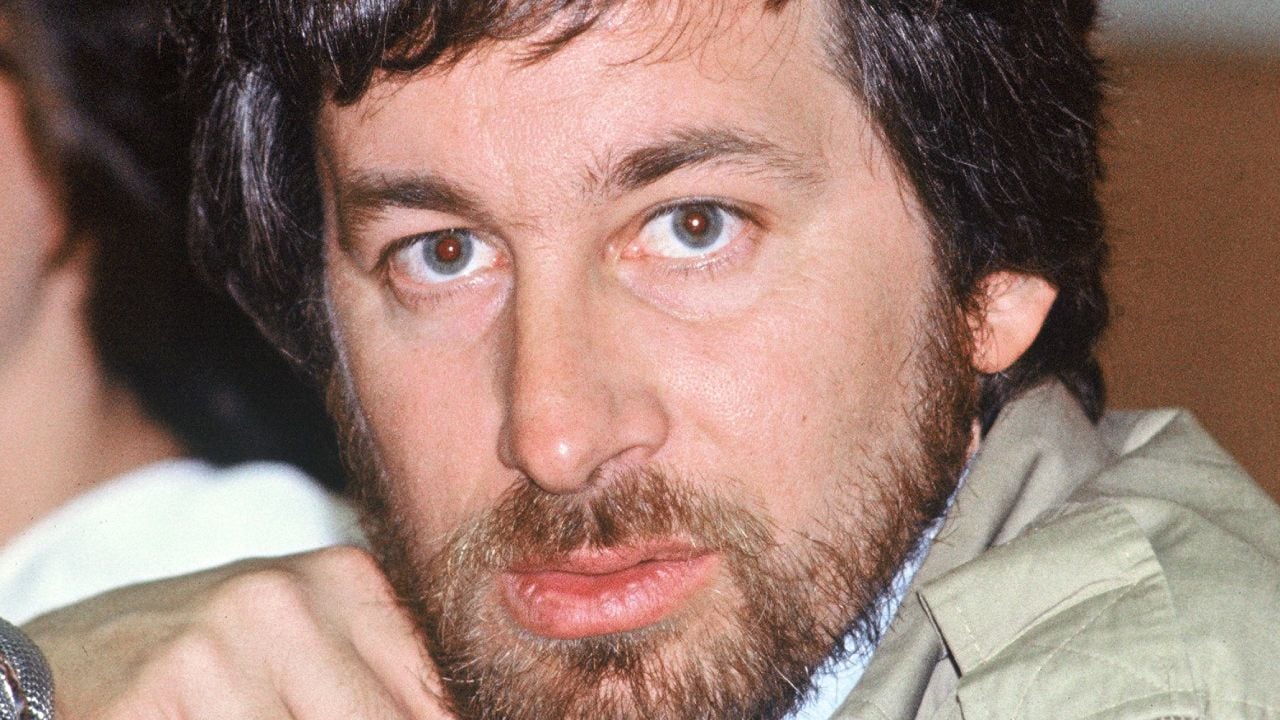Tulio de Oliveira, who has lived in the African country since 1997, and Sikhulile Moyo, from Zimbabwe, were awarded for the discovery of the omicron variant of covid-19. The honor was presented by the German Chancellor, Olaf Scholz. The Brazilian Tulio de Oliveira, who has lived in South Africa since 1997, and the Zimbabwean Sikhulile Moyo received this Friday (26/11) the Germany Africa Award 2022, presented by the Chancellor German federal officer Olaf Scholz at a ceremony in Berlin. The two scientists discovered the omicron variant of covid-19, for which they were recognized and also received insults and threats.
Oliveira is a biotechnology researcher and director of the Center for Epidemic Response and Innovation (CERI) at Stellenbosch University in South Africa. He had already been highlighted by the scientific journal Nature as one of the ten personalities who made a difference in 2021 and this year entered the list of the hundred most influential by the American magazine Time.
Son of a Mozambican mother, Oliveira moved to South Africa when he was 21 and has always felt connected to the African continent. Today he is one of the country’s leading virologists, specializing in epidemics.
Oliveira was a professor and adviser to Moyo, who is now one of Africa’s most renowned AIDS researchers. As the pandemic emerged, Moyo, laboratory director at the Harvard-Botswana HIV/AIDS Institute, focused on COVID-19 and helped discover a hitherto unknown model of the virus in November 2021.
“The number of mutations was just incredible,” recalls the scientist, in an interview with DW. Moyo compared the results with existing analyzes and posted the information on the Internet. A few hours after Moyo, the scientists of Ceri, led by Oliveira, also identified the dangerous variant. Both worked closely together.
Alerts for a new, highly contagious variant quickly went around the world, almost as quickly as the variant became dominant. The World Health Organization (WHO) named it after Omicron.
The prize has been awarded by the German Africa Foundation since 1993 to African personalities who, according to the jury, are committed to peace, reconciliation and social progress. Former Botswana President Ketumile Masire, Somali women’s rights activist Waris Dirie and Kenyan IT pioneer Juliana Rotich are some of the past winners.
high-level science
“It’s nice to be recognized,” Oliveira says in an interview with DW. “But honestly, we don’t chase prizes. What we really enjoy is doing world-class science and translating that into life-saving politics. And we care deeply about empowering other African scientists.”
For his colleague Moyo, accepting the award on behalf of so many African researchers was a great honour. He recalls that the omicron variant was only identified as something completely new by comparing it to other viruses in a public database. “The award represents a lot of people. Without collaboration, we wouldn’t be where we are in such a short time,” he says.
Criticism of the most developed countries
Oliveira is also pleased with the results of African scientists. “The pandemic has shown that the African continent can be a scientific leader. Many were surprised by it, but we weren’t. We have invested a lot in the last 20 years, in people and equipment,” she explains to DW.
However, he says he is disappointed how more developed countries have cared so much about themselves during the pandemic and failed to help others. “At first they stockpiled tests, protective equipment and later vaccines,” he criticizes. “Also, there were ineffective travel bans. It was very sad. The world had the opportunity to respond together to a global problem and went for a nationalistic approach that didn’t help anyone.”
Hostility instead of glory
After the discovery of the omicron, the world went into “panic mode” again. Borders have been closed and flights to and from southern Africa have been cancelled. The authors of the discovery were at odds and even received death threats. “I got calls from people complaining that I’d ruined their vacation. Many were like ‘you scientists talk too much, look what you’ve done.’ It was very uncomfortable,” says Moyo.
Even so, the researcher is happy to have discovered the new variant: “We are happy to have alerted the world. Many infections have been prevented.”
The pandemic has also affected Moyo’s private life, admits the father of three. He finds balance in his faith and gospel music and has released two albums. “The pandemic brought us down, it reminded us what is important in life. Friends were out of work or dying. Those were dark times. We were surrounded by the virus and we were all thinking ‘is this the end?’ of this period,” he says.
🇧🇷The best content in your email for free. Choose your favorite Terra newsletter. Click here!
Source: Terra
Camila Luna is a writer at Gossipify, where she covers the latest movies and television series. With a passion for all things entertainment, Camila brings her unique perspective to her writing and offers readers an inside look at the industry. Camila is a graduate from the University of California, Los Angeles (UCLA) with a degree in English and is also a avid movie watcher.





